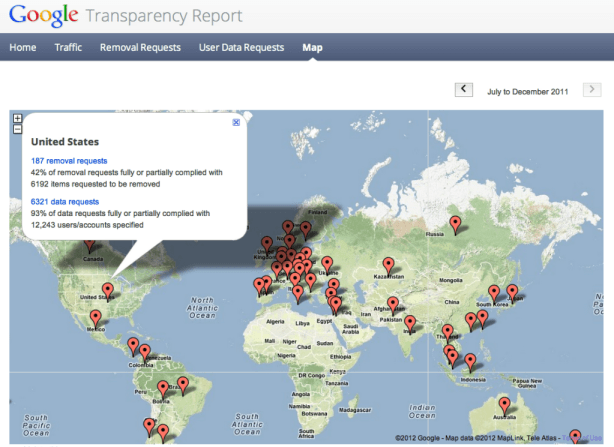
Larry Lessig is an accomplished author, lawyer, and professor, and until recently, was one of the leading active public intellectuals in the Internet space. But as I wrote in my review of his last book (
Is Our Republic Lost?), in the past few years Lessig has changed his focus from Internet law to reforming our federal government.
But that doesn’t mean Lessig has stopped thinking about our industry, as the dialog below will attest. Our conversation came about last month after I finished reading Code and Other Laws of Cyberspace, Version 2. The original book, written in 1999, is still considered an authoritative text on how the code of computing platforms interacts with our legal and social codes. In 2006, Lessig “crowdsourced” an update to his book, and released it as “Version 2.0.” I’d never read the updated work (and honestly didn’t remember the details of the first book), so finally, six years later, I dove in again.
It’s a worthy dive, but not an easy one. Lessig is a lawyer by nature, and his argument is laid out like proofs in a case. Narrative is sparse, and structure sometimes trumps writing style. But his essential point – that the Internet is not some open “wild west” destined to always be free of regulation, is soundly made. In fact, Lessig argues, the Internet is quite possibly the most regulable technology ever invented, and if we don’t realize that fact, and protect ourselves from it, we’re in for some serious pain down the road. And for Lessig, the government isn’t the only potential regulator. Instead, Lessig argues, commercial interests may become the most pervasive regulators on the Internet.
Read More










